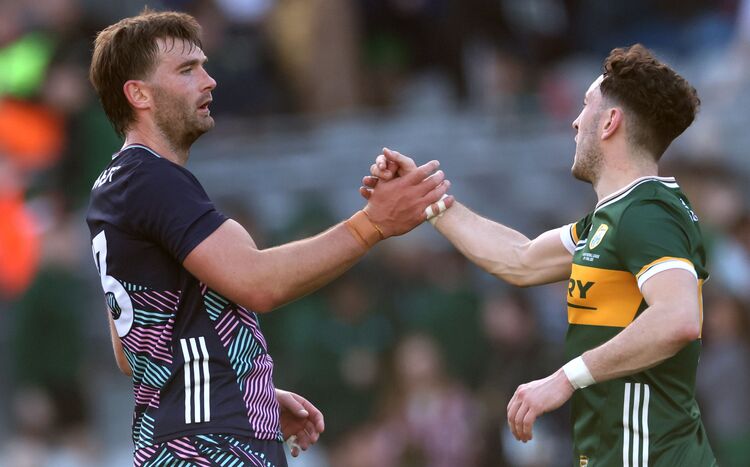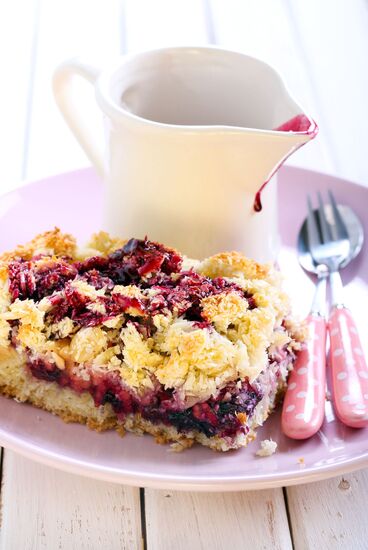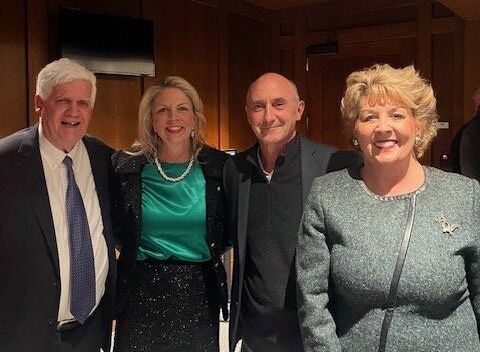There may be no more unpopular figure in the contemporary GAA than Davy Fitzgerald. We don't need scientific evidence or in-depth studies to prove this to be the case. We just need to examine the hysterical reaction in Clare and Waterford to last Sunday's Munster hurling final. Many in both the county he served so well as goalkeeper for so many years and in the county where he is now in charge were quite happy to see his team suffer so badly at the hands of Tipperary. If that's how they greeted this historic trouncing, imagine the schadenfreude in the other hurling counties.
The final whistle had barely blown when most people were concluding that, with each goal, Tipp had hammered another nail into Fitzgerald's coffin, doing away with his chances of managing Clare any time soon along the way. That may prove to be a moot point but what shouldn't be up for debate is that hurling actually needs characters like Fitzgerald. He is outspoken, irritating, animated and loud but he is also box office. These outsized figures are what hurling requires if it is ever to break out of the ghetto it currently inhabits and tries to be a national sport rather than a regional delicacy.
It's not to everybody's liking but Fitzgerald's antics on the sideline, his passionate interviews and general tendency to go over the top about everything are great for the sport. Brian Cody may go down in history as the greatest manager of all time but nobody tuning in to a Kilkenny match is thrilled/ appalled/even slightly moved by the boss. A whole load of Fitzgeralds would be hard to take but we need a couple of them to liven things up and add spice. Fans need a pantomime villain they love to hate.
The Clareman may or may not be a good manager but he certainly did well enough to recover from that Youtube video where his entire tactical approach appeared to be repeatedly uttering the phrase "hell for leather, hell for leather". That might have been the death knell for his career and his ambitions of managing at a higher level.
Of course, around Waterford in the past few days, there was no shortage of people willing to vouchsafe that his acumen extended no farther than rabble-rousing speeches and his tactics left quite a lot to be desired.
"There is a lot of shock and anger and disappointment," said former Waterford hurler Stephen Frampton the other day. "There is disappointment for the players who put in a huge effort this year and a lot of anger towards the management team and their tactics and the positioning of players in the match. There were a lot of strange decisions with Michael Walsh going to full-back. I don't think the Waterford team were as bad as what they looked yesterday. They have a lot to make up for against Galway," he said.
Frampton is better-placed than most to judge the talent available to Waterford and to opine on the best positions for various players. Still, doesn't it sound strange to be talking about anger towards the management team? That sort of emotion makes it sound like supporters believe somehow that Fitzgerald and his fellow selectors were deliberately making bad decisions to mess up Waterford's chances. Surely nobody suffers more damage after a loss of this magnitude than the manager. Most of the players involved will get other chances with the county no matter who's in charge next year. As evidenced by the chatter about him not being the right man for Clare now, Fitzgerald's reputation may never recover from this.
This is what makes the overly-personalized reactions to defeats among GAA supporters so difficult to understand. Do fans actually think the managers want to fail and do badly? Cork's lamentable performance against Galway inspired similarly hysterical reactions. Like Fitzgerald, Denis Walsh made what many perceived to be some bad decisions before and during the game. But who suffers more from those moves than Walsh himself? The older players? They can retire with their legacies intact. The younger generation? They will get other chances under new regimes.
If that was Walsh's last game in charge of Cork, however, it hardly serves as the type of performance to make him a sought-after managerial commodity. He lost a lot more in the defeat than the hurlers on the ditch who merely missed out on a trip to an All-Ireland quarter-final. The ironic thing about the Walsh situation is almost all criticism comes accompanied by the caveat that "the talent just isn't there" and "the problems in Cork hurling run much deeper than the senior manager". In twelve months, Walsh's replacement will be getting similarly slagged off for his inability to make All-Ireland contenders from half-decent club hurlers.
In all of this, there is a sense that something has changed in the GAA. There is an obsession with instant gratification and this idea, imported from professional soccer, that managers can come in and instantly win trophies. Mick O'Dwyer never won another All-Ireland after he stopped managing Kerry yet he will go down in history as one of, if not the best of all time. If the manager can make that much difference, why didn't he bring Sam Maguire to Laois, Kildare and Wicklow? Well, he didn't have the same quality of players in those places as he had in Kerry. It's not rocket science.
We now live in a "what have you done for me lately" culture. A couple of weeks back, the Galway hurlers were a disgrace to the shirt. Now, they are dark horses to maybe upset one of the big two. We appear to have lost the gift of perspective. Davy Fitzgerald isn't working with the Kilkenny conveyor belt in Waterford and when a team from that county run into the Tipp forward line/buzzsaw next summer, we'll know more about just how good or bad his performance was last Sunday. The same applies to Denis Walsh.









